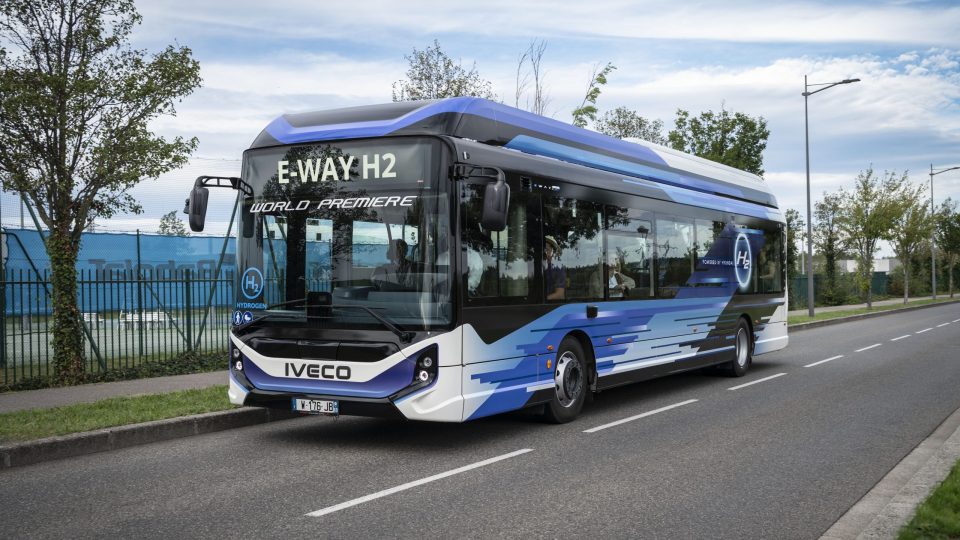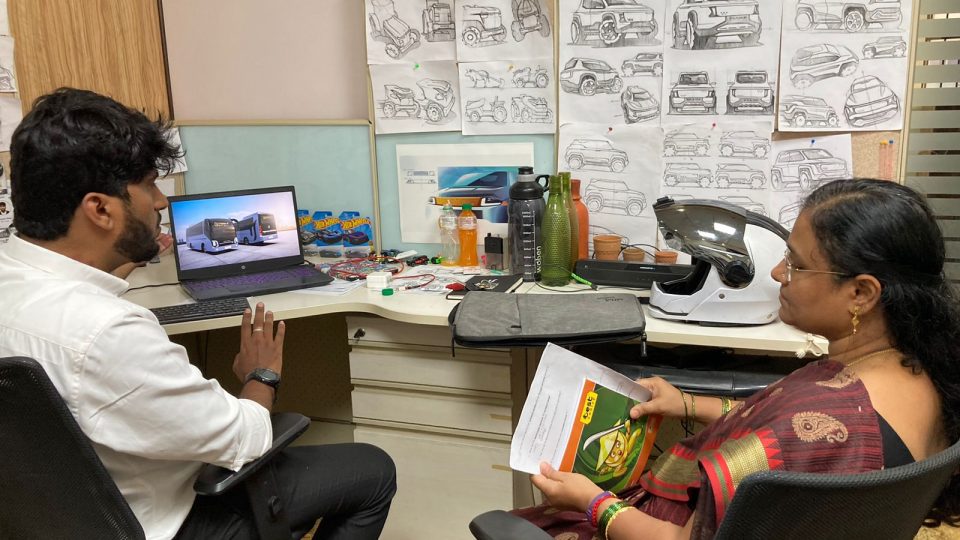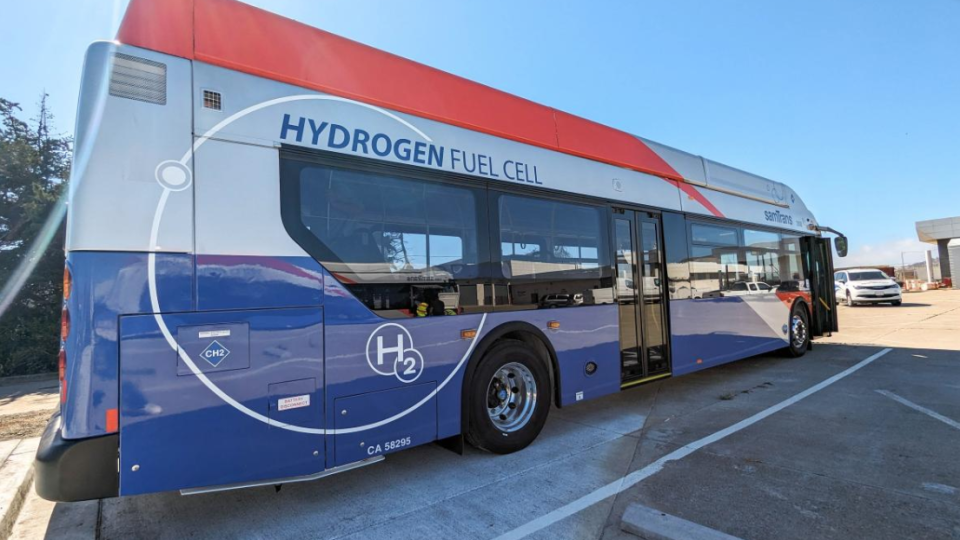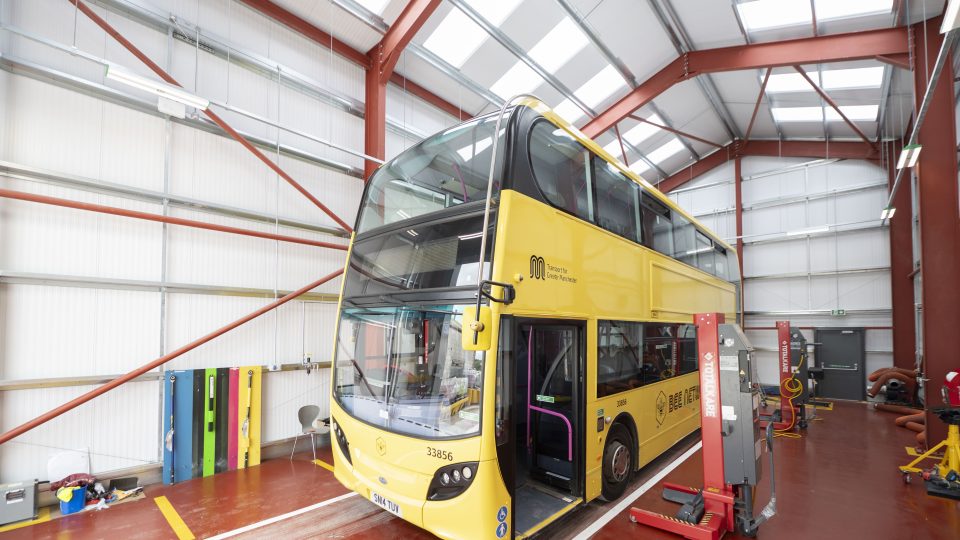Indian Oil Corporation to procure 15 fuel cell buses for Delhi
Energy company Indian Oil Corporation has launched a procurement for 15 fuel cell buses that are set to operate in Delhi-NCR region. The group announced on 23th December 2020 that it is inviting bid to procure Polymer Electrolyte Membrane (PEM) fuel cell buses. «This project is the first-ever attempt in the country to address all […]
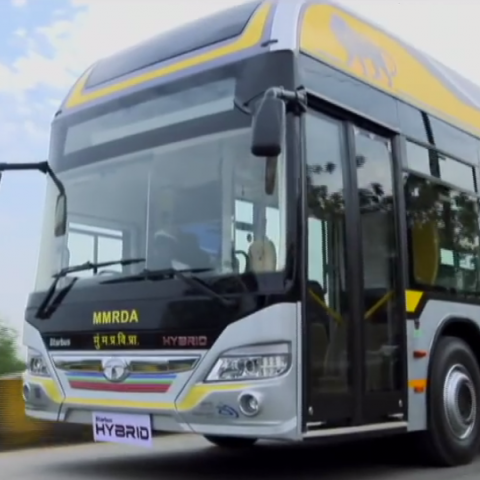
Energy company Indian Oil Corporation has launched a procurement for 15 fuel cell buses that are set to operate in Delhi-NCR region. The group announced on 23th December 2020 that it is inviting bid to procure Polymer Electrolyte Membrane (PEM) fuel cell buses. «This project is the first-ever attempt in the country to address all the aspects of hydrogen-based mobility as the ultimate green option», IndianOil points out.
In 2018 a first fuel cell bus was launched in India by local producer Tata Motors, in a project backed by India Oil Corporation itself.
FUEL CELL BUS PROJECTS IN THE SPOTLIGHT:
FLEETS, MANUFACTURERS, TRENDS
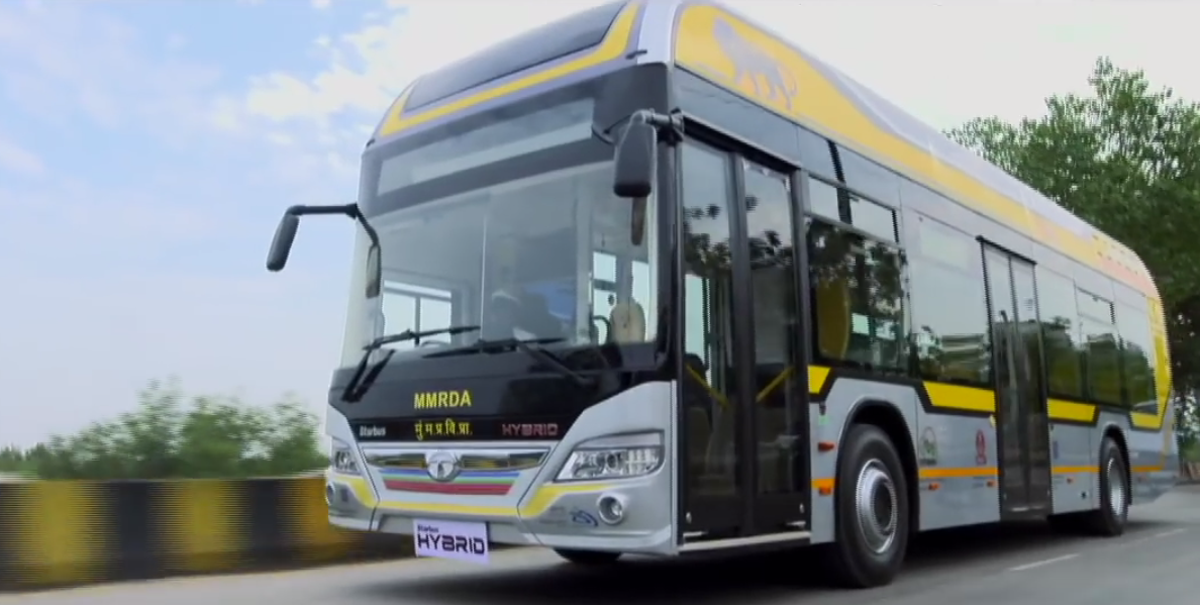
IndianOil, fuel cell technology made in India
IndianOil is the country’s largest refiner and fuel retailer. One of the key ingredients of this project is that «the fuel cell stack/system technology would be indigenously developed and manufactured, thus accelerating the creation of a local ecosystem to support further activities in the hydrogen energy domain», as IndianOil says.
IndianOil says it is also setting up demo units of approx. 1 ton per day production capacity for different pathways to produce hydrogen, at its state-of-the-art R&D Centre in Faridabad.
Fuel cell buses in India, validation exercise in Delhi
S M Vaidya, Chairman, IndianOil said, “IndianOil has been pioneering the hydrogen efforts in the country and this exercise is a part of a bigger project which aims at addressing all aspects of the hydrogen value chain.” Mr Vaidya also informed that this venture is being supported partially by the hydrogen corpus fund of the Union Ministry of Petroleum & Natural Gas.
SSV Ramakumar, Director R&D of IndianOil informed that «the fuel cell buses would be evaluated in collaboration with the selected OEM partner through a wide-scale field validation exercise in Delhi-NCR on a structured scientific format.


